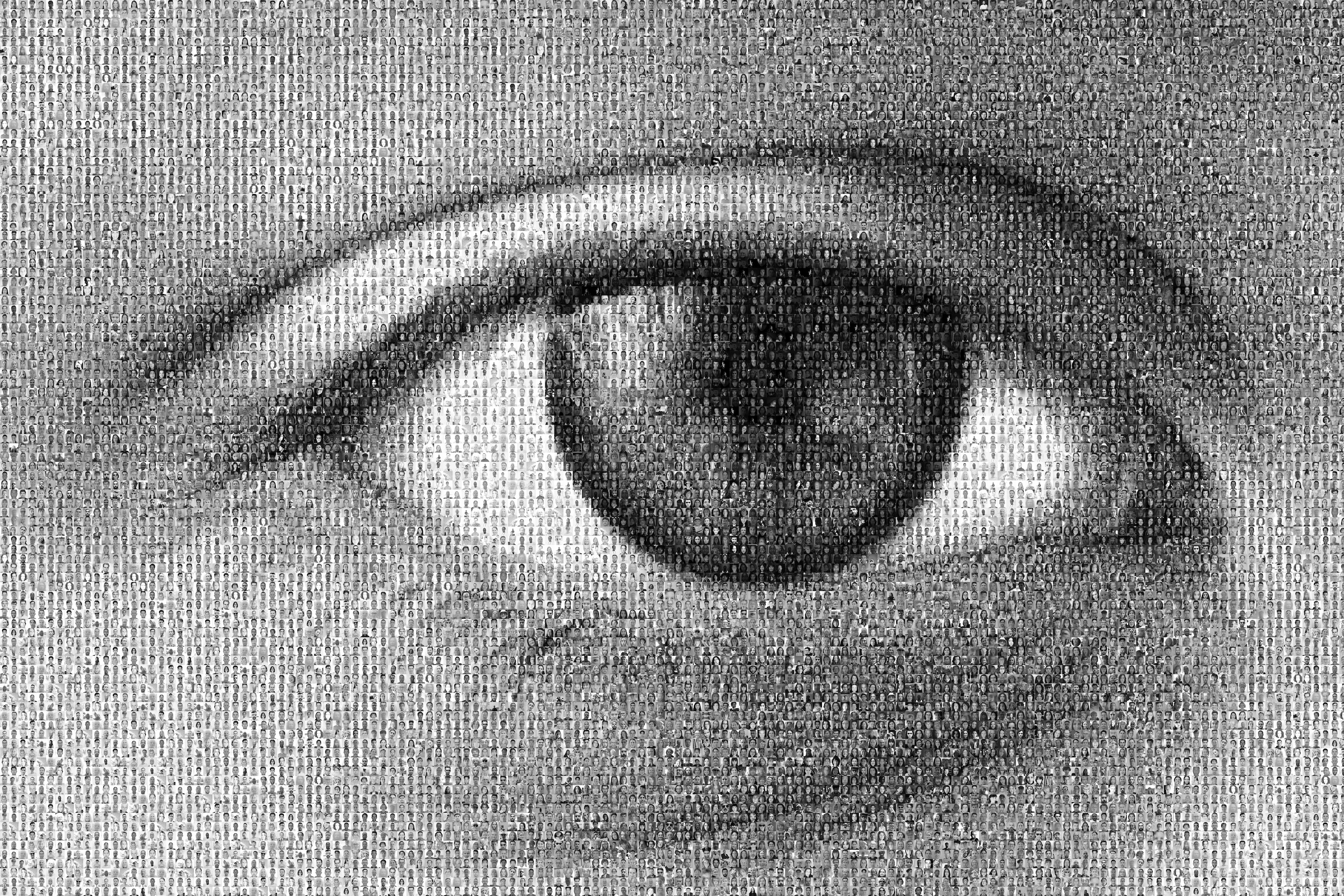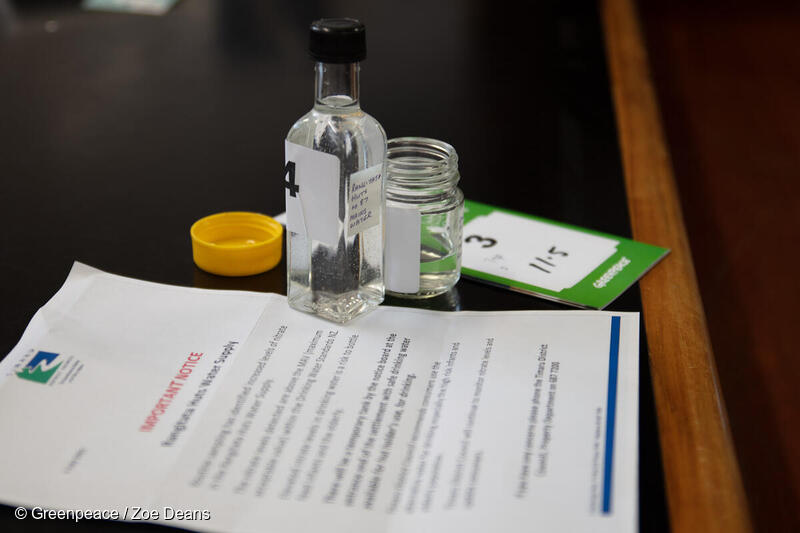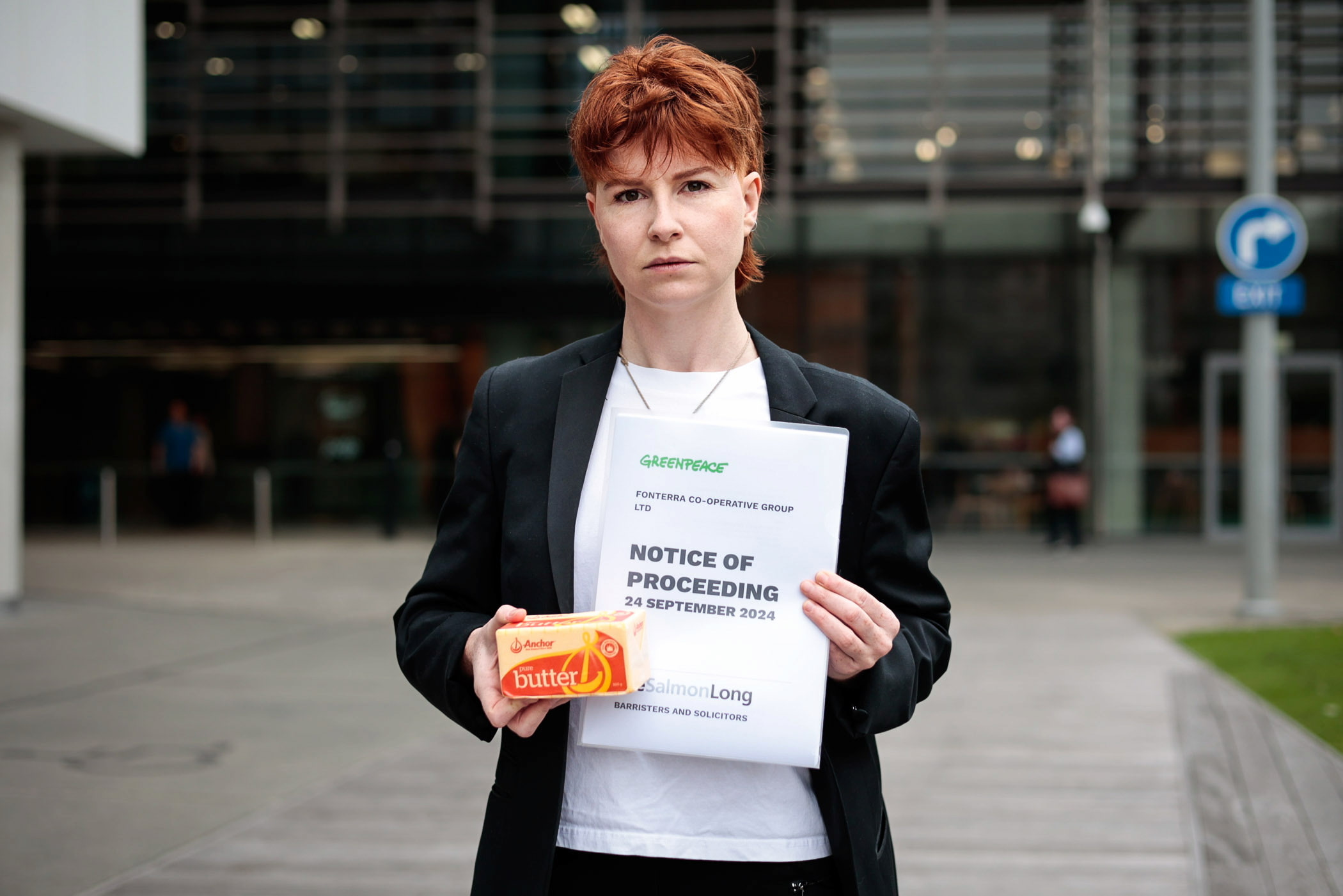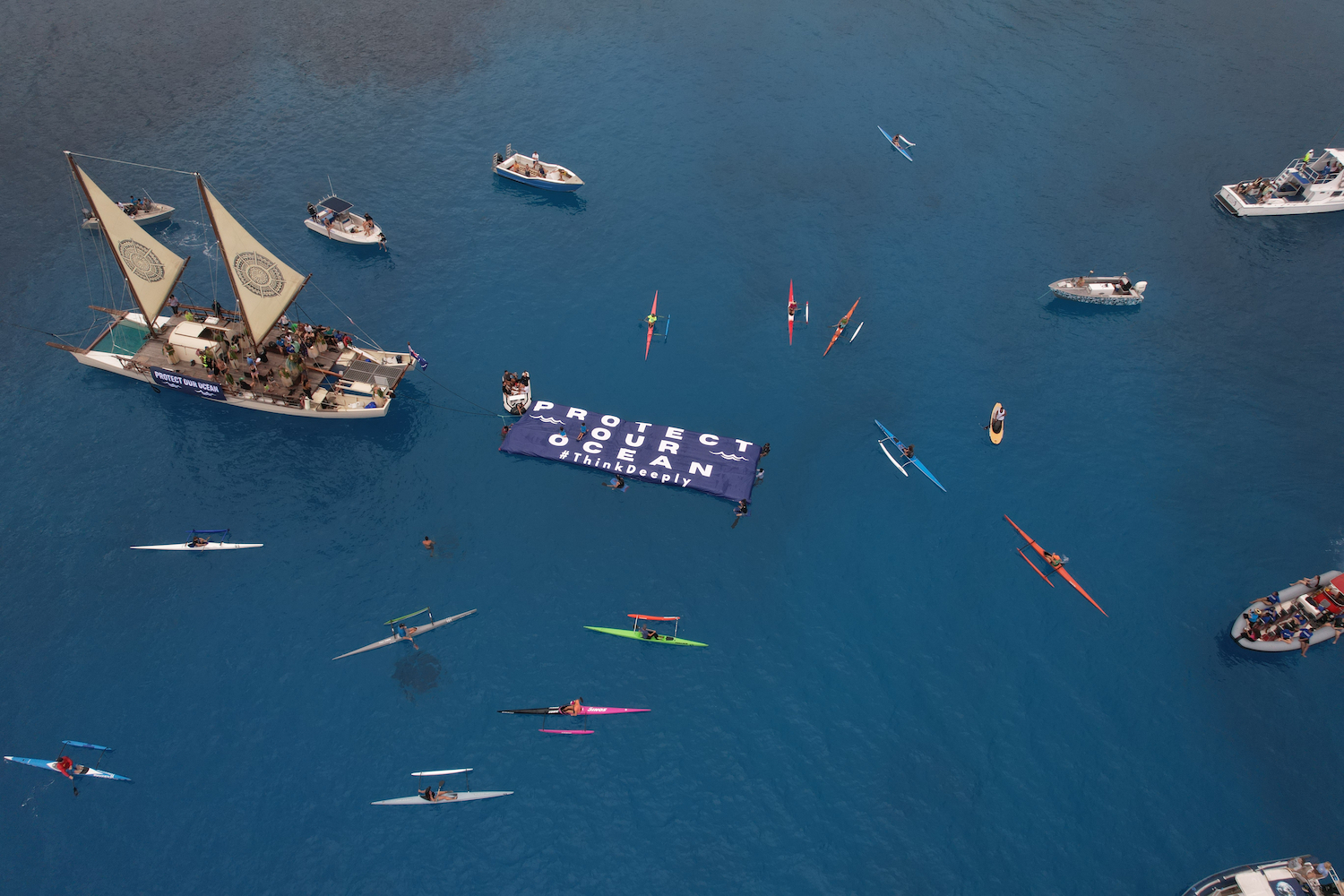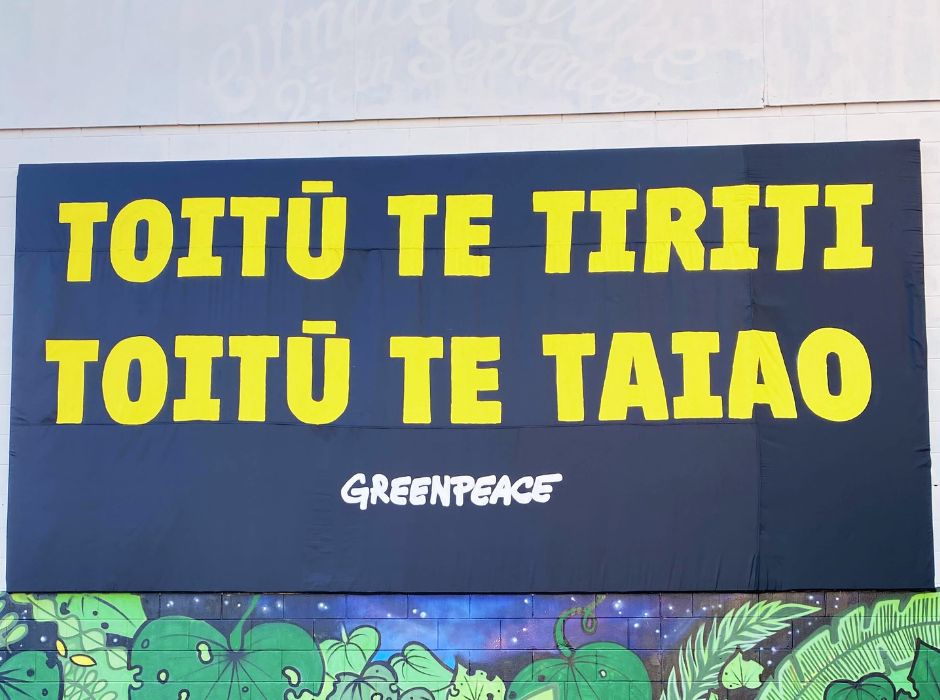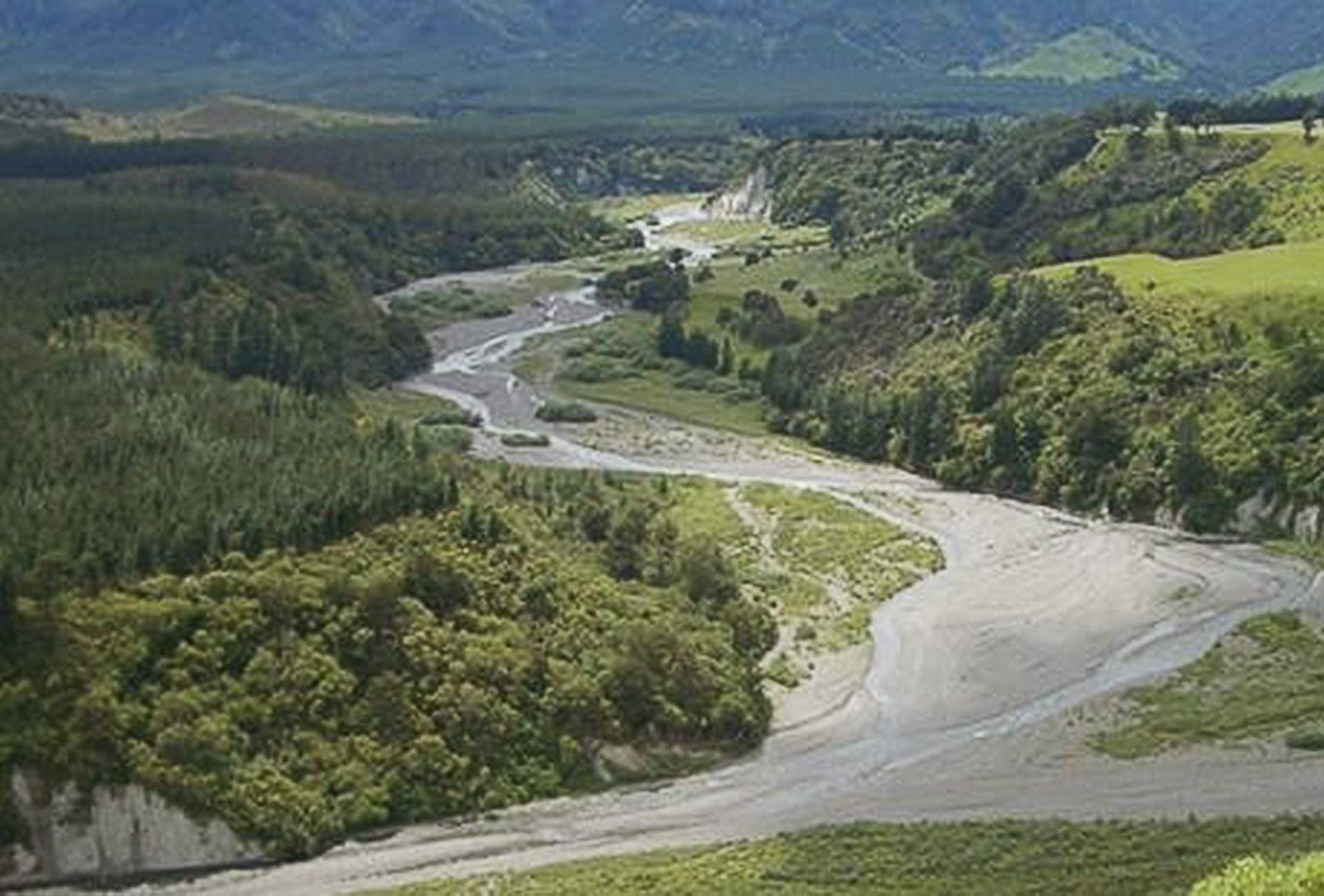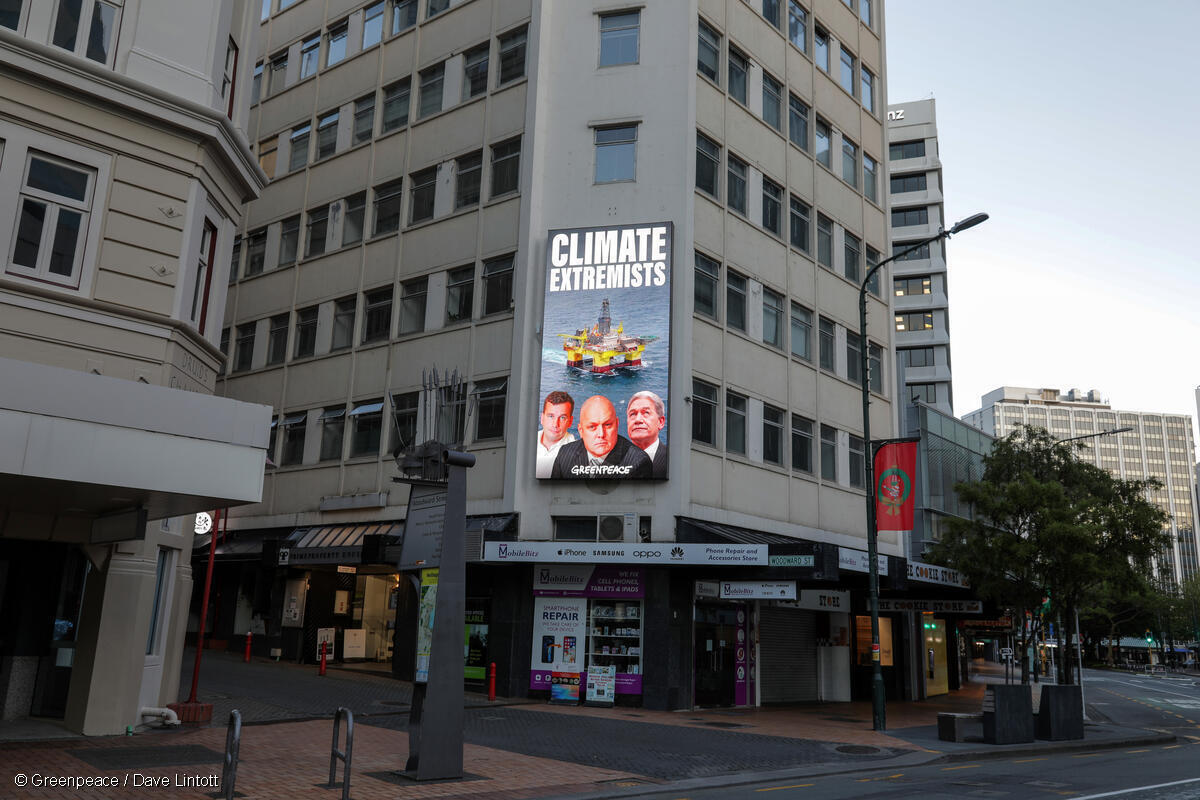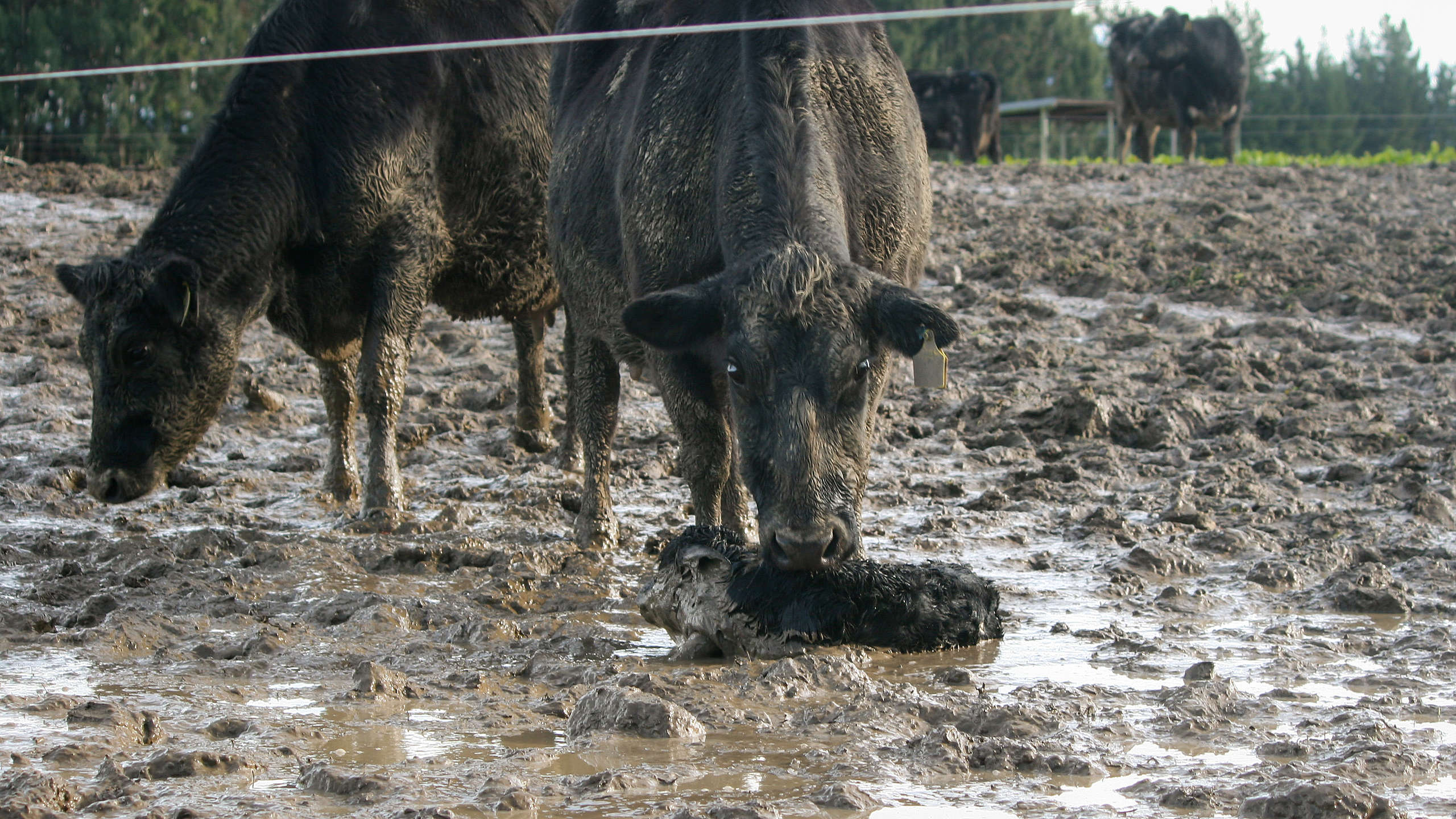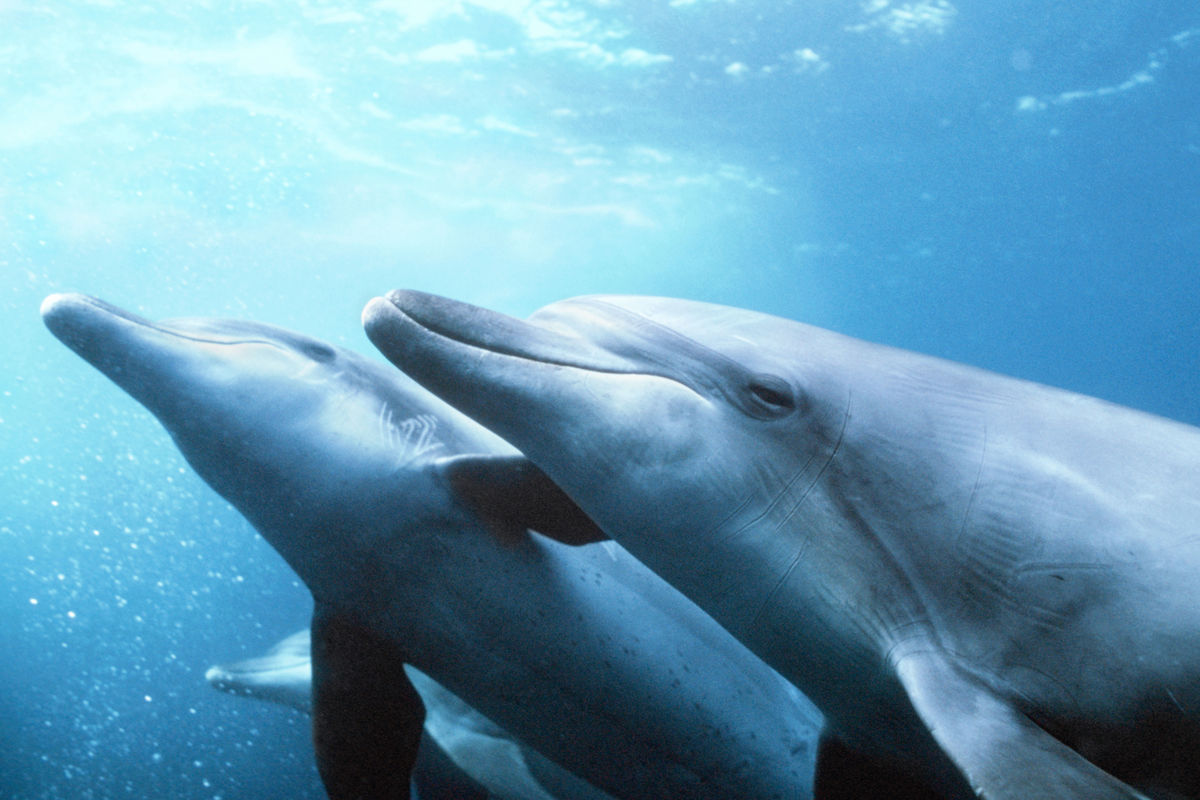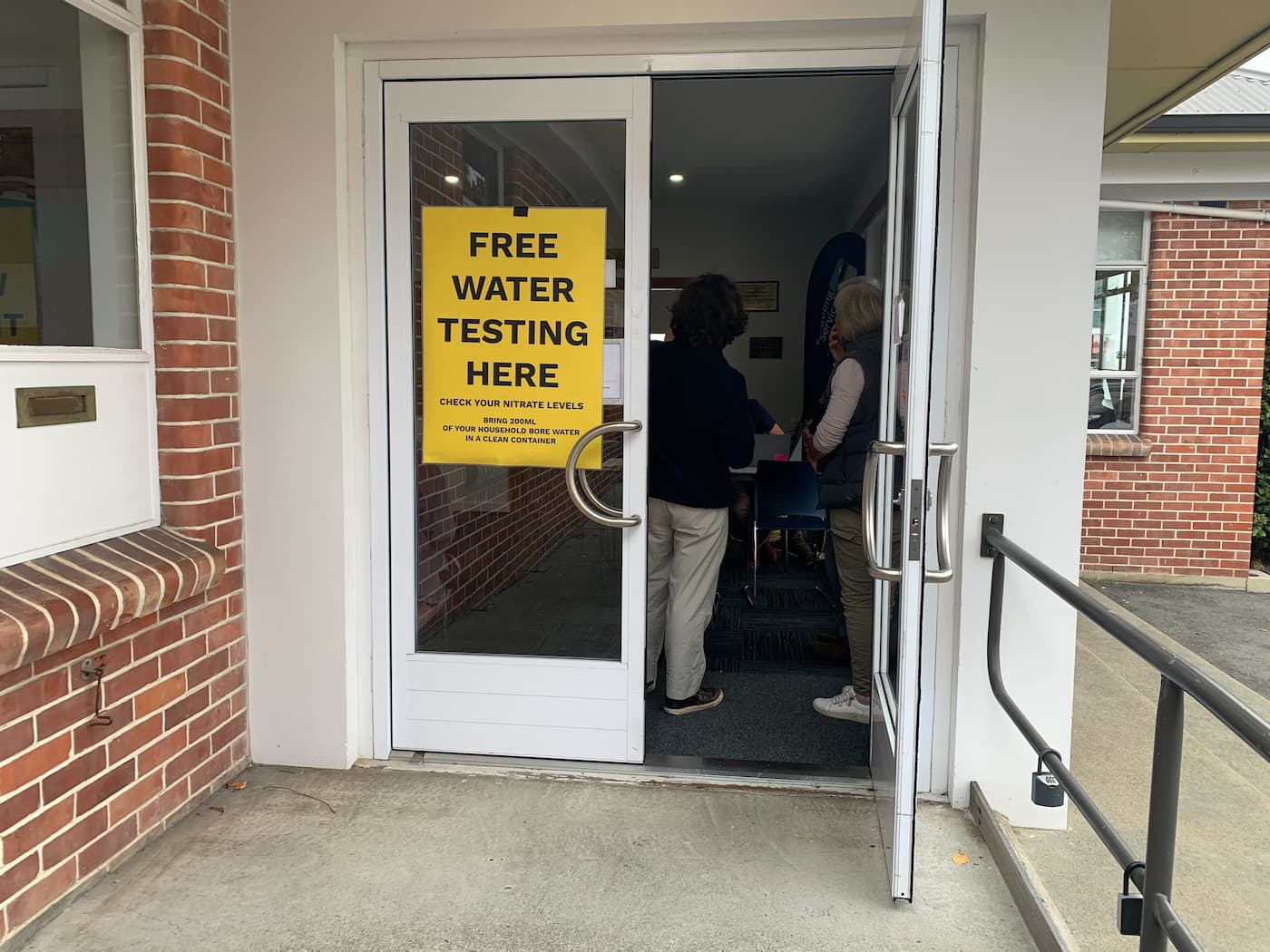-
At Global Plastics Treaty talks, Greenpeace warns leaders that the world watching with giant eye
A flag with a giant eye composed of thousands of portraits from around the world has been unfurled from a 10-storey crane as government representatives in Busan for global plastics treaty talks.
-
Drinking water at 100 rural schools contaminated with cancer-causing nitrate
Greenpeace says it is deeply concerned about levels of nitrate in rural school drinking water, as a shocking new report has revealed that rural children are twice as likely as…
-
New Anchor Butter owner must go palm kernel-free
Off the back of today’s announcement that Fonterra will be pushing ahead with plans to sell its customer-facing brands, including Anchor, Greenpeace is calling on potential buyers to commit to…
-
Deep sea mining not the key to Epeli Hau’ofa’s dream of Pacific excellence
There’s a fight for the future happening in the Pacific Ocean. It’s a critical battle over deep sea mining. The fate of my parents’ homeland, Samoa, and the broader Pacific…
-
Here’s why Greenpeace will join the Hīkoi mō Te Tiriti
We all have a responsibility to defend Te Tiriti and protecting Te Tiriti is also entwined with the Greenpeace mission to protect nature and peace. That’s why we’ll be attending and supporting the nationwide hīkoi next week to protest the Treaty Principles Bill.
-
Greenpeace opposition to the Hawke’s Bay Water Trust
The Central Hawke’s Bay District Council proposal to establish a trust to hold the consents for the Ruataniwha dam – renamed the Tukituki Water Storage Scheme – is of grave concern.
-
New UN climate report highlights climate extremism of Luxon Government
The latest UNEP Emissions Gap Report has warned that if countries do not commit to rapid action to cut rising climate pollution emissions, the Paris Agreement’s goal of limiting global…
-
Luxon rolling in the mud with Fed Farmers lobbyists
Greenpeace says Luxon “rolling in mud” with pro-pollution Federated Farmers after anti-nature Resource Management Freshwater Amendment Bill passes into law.
-
Microplastic pollution is everywhere, even in the exhaled breath of dolphins
Bottlenose dolphins in Sarasota Bay in Florida and Barataria Bay in Louisiana are exhaling microplastic fibers, according to our new research published in the journal PLOS One.
-
Greenpeace raises alarm over looming public health crisis in Canterbury
Greenpeace is again raising the alarm over what it has labelled a ‘public health crisis’ in Canterbury after high nitrate levels found in drinking water supplies.

